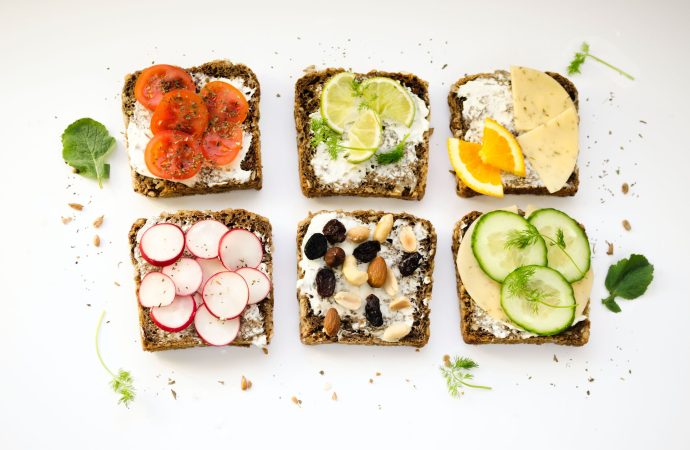Introduction: Balancing blood sugar levels is crucial for maintaining optimal health and preventing chronic conditions such as diabetes and obesity. While medication and lifestyle changes are important, harnessing the power of nature’s prescription through the right foods can have a transformative impact on blood sugar regulation. In this article, we explore the key foods that
Introduction:
Balancing blood sugar levels is crucial for maintaining optimal health and preventing chronic conditions such as diabetes and obesity. While medication and lifestyle changes are important, harnessing the power of nature’s prescription through the right foods can have a transformative impact on blood sugar regulation. In this article, we explore the key foods that can help keep blood sugar levels in check, allowing individuals to lead healthier and more vibrant lives.
- The Importance of Blood Sugar Regulation:
Blood sugar, or glucose, serves as the primary source of energy for our bodies. When blood sugar levels are too high or too low, it can disrupt bodily functions and lead to various health complications. By incorporating the right foods into our diet, we can support stable blood sugar levels and enhance overall well-being.
- Fiber-Rich Foods:
Fiber is an essential nutrient that aids in blood sugar regulation. It slows down the absorption of glucose, preventing spikes in blood sugar levels and promoting a steady release of energy. Incorporating fiber-rich foods into our meals can have a significant impact on blood sugar control. Some key fiber-rich foods include:
a. Whole Grains: Whole wheat, oats, brown rice, and quinoa are excellent sources of fiber. They provide sustained energy and promote satiety, preventing rapid blood sugar fluctuations.
b. Legumes: Beans, lentils, and chickpeas are not only rich in fiber but also contain a good amount of protein. They have a low glycemic index, meaning they cause a slower rise in blood sugar levels.
c. Fruits and Vegetables: Fresh fruits and vegetables, especially those with edible skins, are high in fiber. They also provide essential vitamins, minerals, and antioxidants that support overall health.
- Lean Proteins:
Including lean protein sources in our diet is vital for blood sugar regulation. Protein helps slow down the digestion and absorption of carbohydrates, preventing rapid spikes in blood sugar levels. Incorporate the following lean protein sources into your meals:
a. Poultry: Chicken and turkey breast are excellent lean protein options. They are low in fat and provide essential amino acids.
b. Fish: Fatty fish like salmon, mackerel, and sardines are rich in omega-3 fatty acids, which have been linked to improved insulin sensitivity and blood sugar control.
c. Plant-based Proteins: Tofu, tempeh, and legumes such as lentils and chickpeas are not only excellent sources of protein but also provide fiber, making them ideal choices for blood sugar management.
- Healthy Fats:
Incorporating healthy fats into our diet can contribute to stable blood sugar levels. Healthy fats help slow down digestion, preventing rapid rises in blood sugar. Include the following sources of healthy fats in moderation:
a. Avocados: Avocados are rich in monounsaturated fats, which have been associated with improved insulin sensitivity.
b. Nuts and Seeds: Almonds, walnuts, chia seeds, and flaxseeds are packed with healthy fats, fiber, and essential nutrients that support blood sugar control.
c. Olive Oil: Extra virgin olive oil is a healthy fat that contains antioxidants and anti-inflammatory properties, benefiting overall health and blood sugar regulation.
- Mindful Eating:
In addition to choosing the right foods, adopting mindful eating practices can positively impact blood sugar regulation. By paying attention to hunger cues, eating slowly, and savoring each bite, we can foster a healthier relationship with food and prevent overeating. Mindful eating allows us to be more attuned to our body’s signals and make conscious food choices that support stable blood sugar levels.
Conclusion:
Nature’s prescription for regulating blood sugar levels lies in the power of the right foods. By incorporating fiber-rich foods, lean proteins, healthy fats, and practicing mindful eating, we can unlock the potential for optimal blood sugar control. However, it is important to consult with a healthcare professional or registered dietitian before making significant dietary changes, especially if you have pre-existing health conditions or take medication. Embrace the transformative power of nature’s prescription and experience the benefits of balanced blood sugar levels for a healthier and more vibrant life.

















Leave a Comment
Your email address will not be published. Required fields are marked with *